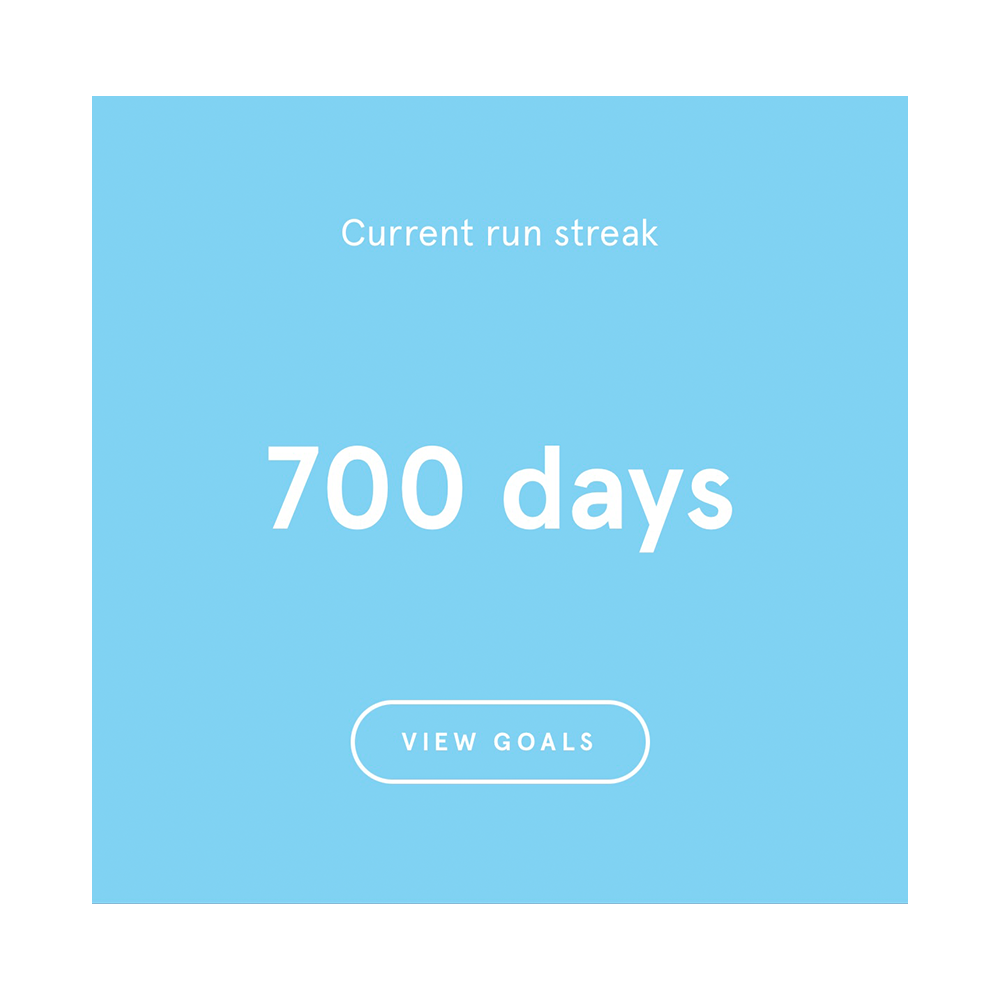
Developing Persistence
Be patient, great things take time. In meditation, not every day will be the same. Some days are more enjoyable than other days… That’s okay. The most important thing is to show up and complete the meditation without any expectations. I’ve learned that meditation can be used as a method for developing self-discipline. Through meditation, I gradually learned to control my mind and body. By developing persistence with my meditation practice, I discovered a continuous flow of innate creativity. This creativity has always been available but has not always been accessible. Learning to tap into my creative potential has been one of the most rewarding discoveries I’ve gained through meditation.
Discovering Hidden Doors
Somewhere around day 100, I began to discover parts of my psyche that were previously unknown to me. I was confronted with metaphysical doors — these doors served as portals that led to a variety of unknown places existing deep within my subconscious mind. Upon entering a door, I encountered memories that my conscious mind had forgotten long ago, but my subconscious mind had held onto. These transcendental doors have exposed me to new perspectives I was previously blind to, ultimately deepening my understandings of life. Interestingly, I’ve also encountered doors that lead to things completely beyond the confines of my psyche — things such as remembering something that has never happened to me. On occasion my mind has conjured images and symbols I don’t recall ever seeing. Through research, I learned that finding hidden doors is a universal human experience, discovered most often by those who explore the uncharted territories of their internal landscapes.
Confronting Your Dragon
Meditation is a noble pursuit. I’ve found that by adopting a daily meditation practice, you will encounter parts about yourself that you don’t like. You might be exposed to the shadow aspects of your personality. You might become witness to the way that your behavior negatively affects others. These immature aspects of your personality come together to form a metaphorical dragon. Choosing to confront your dragon means taking a deep and hard look at yourself and your flaws. Moreover, asking your mind to reveal to you all that is wrong with you, so that you may see things clearly. Awareness of your dragon allows you to “know thy enemy”. If you are strong enough, you will need to slay your dragon… both metaphorically and physically. This means making a decision to begin changing the parts of yourself and your life that are not in line with your highest potential. This can be painful. Often, it means saying goodbye to your former self. Remember that with every death, there is rebirth. And you too shall be reborn, should you choose to slay your dragon.
The Battle Within
Lastly, through meditation, I’ve learned that we are constantly engaged in a battle. This battle is not physical but rather psychological. The battleground is our mind and the forces at play are that of good and evil. This is a battle between the part of our psyche that wants to give into hedonistic pleasure vs the part of our psyche that wants to reap the rewards of delayed gratification. When we choose to make a decision that is not in line with our highest ideal we transgress against ourselves. Continue to make poor decisions and we become our own worst enemy. Therefore, the task at hand is to overcome the negative aspects of ourselves while simultaneously strengthening the part of our psyche that guides us towards self-actualization. Meditation is an invaluable tool for this type of self-development as it offers an opportunity to explore our internal landscapes, see we have fallen short, and recognize how we may do things better moving forward. Meditation has taught me the value of love, patience, compassion, and so much more. It is my belief that should we choose to courageously fight the battle within, we will find the power to overcome our shadows, slay our dragons, and ascend towards our highest potential.
Oliver Krentzman
